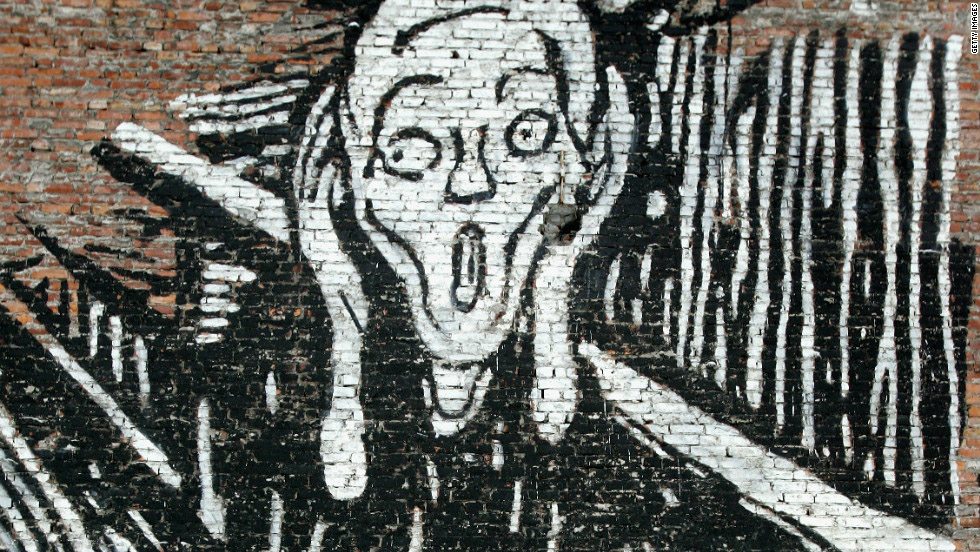Prostatitis
Prostatitis occurs when the prostate glands swells as a result of inflammation.
Prostatitis Symptoms
Common symptoms of prostatitis can range from vague flu-like symptoms, groin and pelvic pain, burning with urination or ejaculation to fevers, chills and back pain.
Men of all ages can suffer from prostatitis and it can come on rather quickly (acute prostatitis) or develop slowly and linger on for many months (chronic prostatitis).
Although a bacterial infection is the most common cause of prostatitis, it is not uncommon that an individual suffering from prostatitis may have a negative urine culture.
If an individual with acute bacterial prostatitis is not treated, it can often lead to the development of a prostatic abscess and / or an infection of the testicle called epididymo-orchitis.
Workup for prostatitis customarily includes a detail history and physical examination. If an individual is suspected of suffering from a severe bacterial prostatitis, a digital rectal examination maybe defer for fear of spreading bacteria into the blood stream if direct pressure is applied to the prostate. Instead, a computerized tomography study (CAT scan) maybe ordered.
Other workup may include:
- Urinalysis and urine culture
- Uroflow and postvoid residual study
- Cystourethroscopy
- Transrectal prostate ultrasound evaluation
- PSA
Prostatitis Treatment
Treatment for both chronic and acute prostatitis varies depending on severity.
In most cases, they may include the following:
- Antibiotics
- Non-steroidal anti-inflammatory
- Alpha blockers
- Prostate massage
- Prostate supplements such as saw palmetto
- Avoid sitting on hard surfaces for prolong period of time
- Dietary changes such as limiting alcohol, caffeine, spicy or acidic food products
- Sitz bath
- Avoid activity that place direct pressure on the perineum such as bike riding

